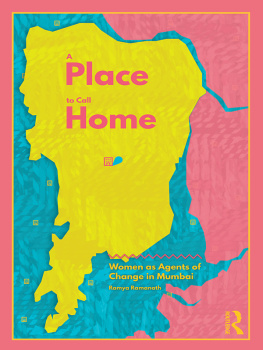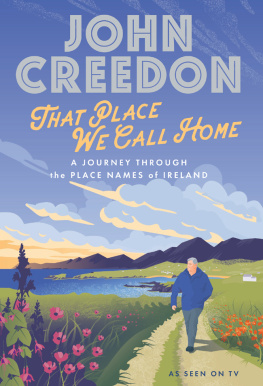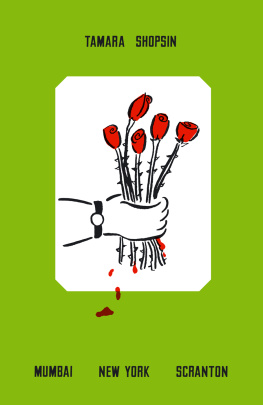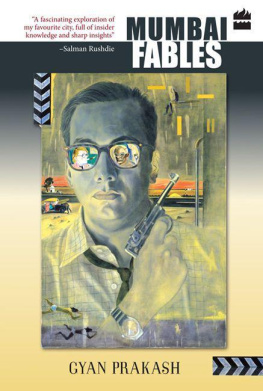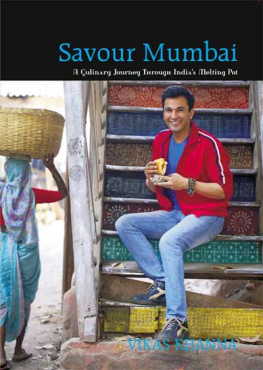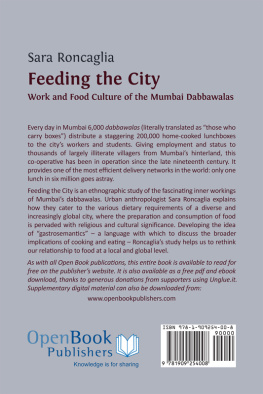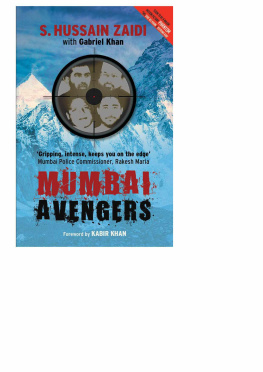A Place to Call Home
Any city is a product of politics and economics, organizations and people. Yet, the life experiences of women uprooted from its poorest quarters seldom inform urban resettlement plans.
In this ethnographic field study, Ramya Ramanath, Associate Professor at DePaul University, examines the lives of women displaced by slum clearance and relocated to the largest slum resettlement site in Asia. Through conversations with diverse women of different ages, levels of education, types of employment, marital status, ethnicity, caste, religion, and household make-up, Ramanath recounts how women negotiate a drastic change in environment, from makeshift housing in a park slum to ownership of a high-rise apartment in a posh Mumbai suburb. Each phase of their city lives reflects how women initiate change and disseminate a vision valuable to planners intent on urban and residential transformations. Ramanath urges the concerted engagement of residents in design, development, and evaluation of place-making processes in cities and within their own neighborhoods especially.
This book will interest scholars of public policy, women and gender studies, South Asian studies, and urban planning.
Ramya Ramanath is Associate Professor and Chair of International Public Service at DePaul University. Her research, spread over three continents, draws on disciplinary perspectives in urban planning, anthropology, and urban sociology. Her research focuses on the behavior of international and domestic nongovernmental organizations (NGOs) in the context of their interactions with government agencies, other NGOs, and intended beneficiaries. Ramanath teaches courses on the management of international NGOs, sustainable international development, cross-sector interactions, and policy implementation.
Ramya Ramanath skillfully engages an incredible range of women whose experiences vividly illustrate their struggle to make homes, access livelihoods, rebuild lives and construct new identities in the aftermath of their resettlement. These voices are a powerful mode to understand the dynamics of the brutal dislocations, disruptions, and transitions the poor experience in Mumbai.
Rahul Mehrotra, Professor of Urban Design and Planning, Harvard University
Ramanath shows us the value to be gained when women are listened to. Most literature on slums and relocation/rehabilitation takes particular stances on the existence of informal settlements and state intervention in them. The author adds nuance and complexity to these conventional narratives on both fronts. Above all, these narratives also expose the falsehood of the claims of participatory processes by movements, its politics and dynamics and their vulnerability to pressures of the larger political economy. This book will be a learning tool for cities around the world.
Amita Bhide, Professoor and Dean of the School of Habitat Studies, Tata Institute of Social Sciences, India
A Place to Call Home sensitively highlights the everyday rhythms of the lives, aspirations and frustrations of a diverse group of 120 women before and after their displacement from a slum in Mumbais famous national park to Asias largest urban resettlement scheme. It is a must read for anybody interested in gender, place making, urban resettlement and public policy.
Lyla Mehta, Professor, Institute of Development Studies, UK
A Place to Call Home
Women as Agents of Change in Mumbai
Ramya Ramanath
First published 2019
by Routledge
711 Third Avenue, New York, NY 10017
and by Routledge
2 Park Square, Milton Park, Abingdon, Oxon OX14 4RN
Routledge is an imprint of the Taylor & Francis Group, an informa business
2019 Taylor & Francis
The right of Ramya Ramanath to be identified as author of this work has been asserted by her in accordance with sections 77 and 78 of the Copyright, Designs and Patents Act 1988.
All rights reserved. No part of this book may be reprinted or reproduced or utilised in any form or by any electronic, mechanical, or other means, now known or hereafter invented, including photocopying and recording, or in any information storage or retrieval system, without permission in writing from the publishers.
Trademark notice: Product or corporate names may be trademarks or registered trademarks, and are used only for identification and explanation without intent to infringe.
Library of Congress Cataloging in Publication Data
Names: Ramanath, Ramya, author.
Title: A place to call home : women as agents of change in Mumbai / Ramya Ramanath.
Description: New York, NY : Routledge, 2018.
Identifiers: LCCN 2018008987| ISBN 9781138667341 (hardback) | ISBN 9781317212461 (webpdf) | ISBN 9781317212454 (epub) | ISBN 9781317212447 (mobipocket/kindle)
Subjects: LCSH: Relocation (Housing)-India-Mumbai. | Slums-India-Mumbai. | Women-India-Mumbai-Social conditions. | City planning-India-Mumbai. | Housing policy-India-Mumbai. | Urban policy-India-Mumbai.
Classification: LCC HD7288.92.I42 M8673 2018 | DDC 363.50954/792-dc23
LC record available at https://lccn.loc.gov/2018008987
ISBN: 9781138667341 (hbk)
ISBN: 9781315618944 (ebk)
To my grandparents
A city, any city, can be understood as a product of politics and economics, organizations and people, even bricks, tarpaulin sheets, and words. In this book, my intention is to show how diverse women use storytelling to make sense of their identities as relocated residents who were granted homeownership in the largest urban slum resettlement site in Mumbai, India. I am deeply indebted to the women who permitted my scholarly gaze into their minds and everyday life and who generously gave their time to answer questions and be interviewed. I truly believe that it is through attention to their words and undertakings that a better city can be made. I thank the staff and leaders of Nivara Hakk Suraksha Samiti whose encouragement, insights, and friendship had an immeasurable influence on this work.
The research was supported by DePaul Universitys Research Council, the Social Science Research Center, and the School of Public Service. Over the last five years, I presented various parts of the book at the Urban Affairs Association, the International Society for Third Sector Research, the Association for Nonprofit Organizations and Voluntary Action, and the Mumbai-Harvard Urban Mellon Initiative. Feedback from colleagues and attendees at all these venues as well as comments from the books anonymous reviewers were incredibly important in sharpening the arguments of this book.
Many more people have contributed to this project in several different ways. I have specific debts to Linda Levendusky for her friendship and consistent commitment to discussing and editing this work with an eye for detail that was inspiring and kept me on my toes; to Nandhini Gulasingham for her nimble work on the maps; Haven Barnes for doing the drawings amidst a busy school schedule; Andrew Doak for the cover design; and, graduate assistants Julia Martinez, Katie Brown, Katherine Poziemski, and Whitney Hein for their careful work. I am thankful to my many graduate students who joined me on study-abroad trips, whose questions and observations during our treks up the park hills and walks around the resettlement site unconsciously informed this works creation. Lively debates and discussions with friends in MumbaiSurendra Hiwarale and his family, Muthu Perumal, and Vaijayanthi Mahabaleencouraged me through several stages of this work.


